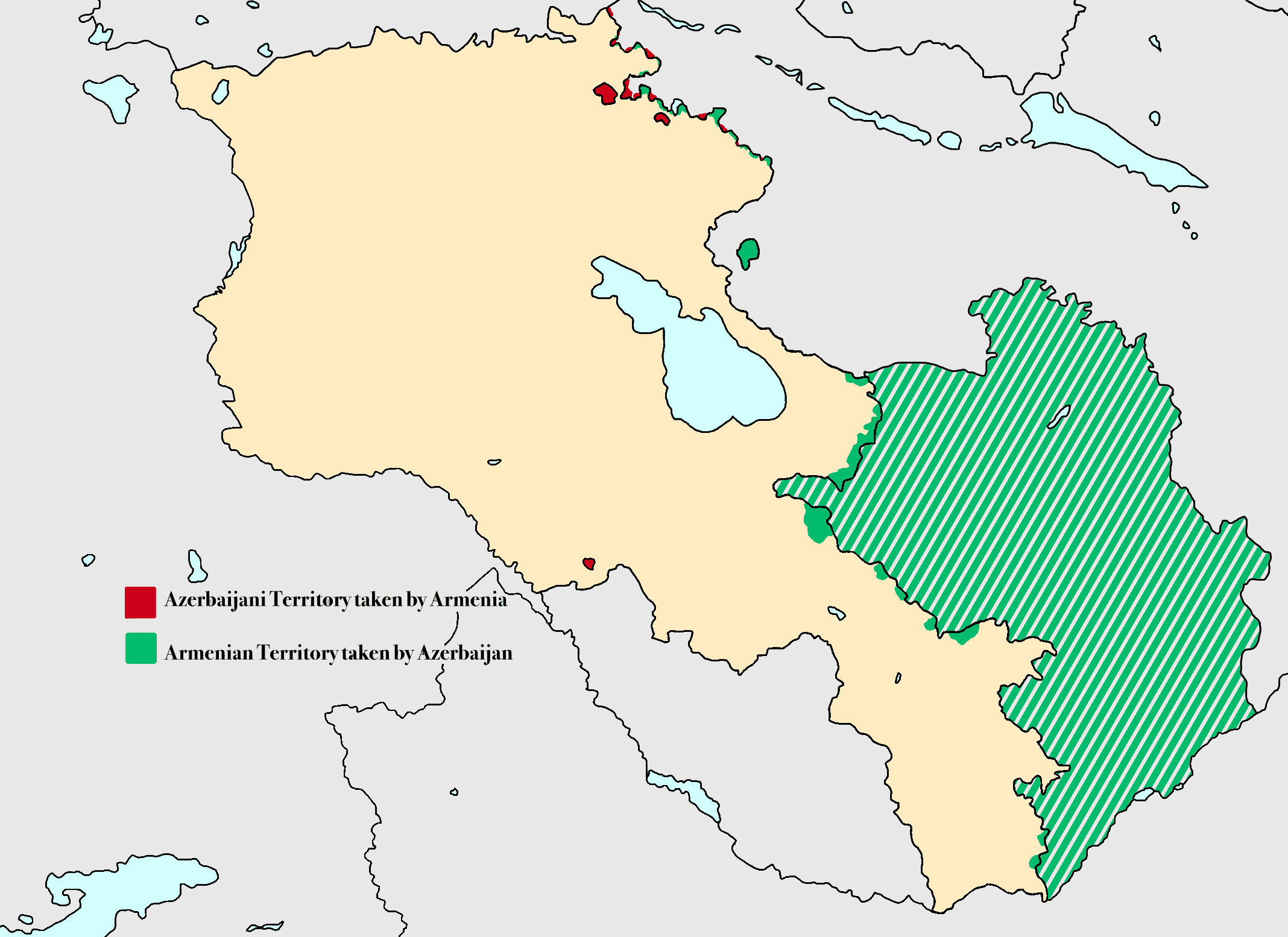Armenia-Azerbaijan Border Dispute Intensifies with Conflicting Security and Transit Demands

Border Dispute Escalates: Statements Reveal Tensions in Armenia-Azerbaijan Dialogue
Contradictory Positions Surface During Critical Negotiations
Tensions have intensified between neighboring countries following recent statements on border controls and sovereignty. During ongoing high-level discussions, the assertion that certain citizens should not be subject to border checks by the adjacent nation’s authorities emerged as a primary topic. The context of these talks has been marked by efforts to formalize a peace agreement after decades of conflict and unresolved territorial issues. These latest remarks, regarded by officials on one side as a significant departure from previous dialogue, highlight a continuing gap in interpretations of sovereignty, border security, and regional cooperation.
Crucially, the characterization of border oversight—specifically the necessity for proper checks in accordance with international standards—became central after the comments. The position articulated by leadership frames these demands as inconsistent with the foundations and spirit of the lengthy negotiation process. By viewing this request as a veiled push for expanded influence beyond internationally recognized boundaries, diplomatic figures have cast it as an obstacle to regional stabilization and implementation of existing agreements.
This rhetorical divergence underscores competing narratives: while one party argues for streamlined passage on the premise of regional connectivity and transit facilitation, the other stands firm on the uniform application of border management. The insistence on applying customary immigration and customs procedures is emphasized as being consistent with global practices, invoking established legal and security protocols as well as prior agreements reached through sustained negotiation.
Sovereignty, Customs, and Security: The Heart of the Issue
At the center of the debate are two fundamentally different approaches to land border administration. One viewpoint contends that free passage—particularly for citizens and goods in transit—should be facilitated without standard control measures by neighboring authorities, especially at checkpoint crossings. Conversely, the prevailing stance of the opposite party reaffirms that any entry, regardless of whether it is for direct entry or merely transit, must go through thorough border and customs supervision. This policy is grounded in both international norms and official commitments made during bilateral and multilateral talks.
The timing of the statement is particularly sensitive, coming as both sides work to codify longstanding understandings into a comprehensive peace treaty. Prior accords and public-facing commitments have repeatedly underscored respect for recognized borders and the importance of mutual security and transparency at points of entry. The reference to the need for standardized procedures serves as a reminder that sovereignty and territorial integrity remain non-negotiable subjects. The reassertion of these principles follows concerns about requests that could be interpreted as implicit territorial ambitions, further complicated by the broader context of shifting alliances and historic grievances.
Moreover, the importance of customs and border checks extends beyond political symbolism—it addresses practical concerns over security, regulation of transit, and economic oversight. International best practices in border management demand verification of identity, purpose of visit, and nature of goods, not just for immigration control but also for diplomatic stability. This insistence on procedure is meant to avoid ambiguity and safeguard national interests without precluding legitimate cross-border movement.
Implications for Regional Stability and Future Negotiations
These latest developments come at a pivotal moment as the two countries navigate a fraught transition towards normalized relations. While agreements on the wording of peace treaties are a substantive step forward, unresolved disputes over constitutional provisions and territorial references complicate the path to durable settlement. Each step in the dialogue is scrutinized for signs of adherence to—not deviation from—core commitments such as the withdrawal of territorial claims and the avoidance of measures that might undermine sovereignty.
Another complicating factor is the backdrop of changing borders following recent conflict, which has led to evolving control over specific areas and a continuing emphasis on demarcation. The legacy of displacement, shifts in local authority, and varying approaches to third-party monitoring further intensify the scrutiny of border-related demands and their interpretation by national leaders. As both parties attempt to address these intricacies within an internationally observed framework, the necessity for clarity and mutual respect remains paramount.
Looking ahead, the trajectory of relations in the South Caucasus will depend on the principled resolution of these issues. Successfully balancing the rights of transit and trade with the imperatives of legal oversight and territorial integrity is essential for lasting peace and economic connectivity. The insistence on adherence to recognized border procedures can be understood both as a safeguard for national security and a test of good faith in honoring the letter and the spirit of negotiated agreements. For regional watchers, the outcome of this latest round of exchanges will signal the prospects for a stable and mutually respectful coexistence.
